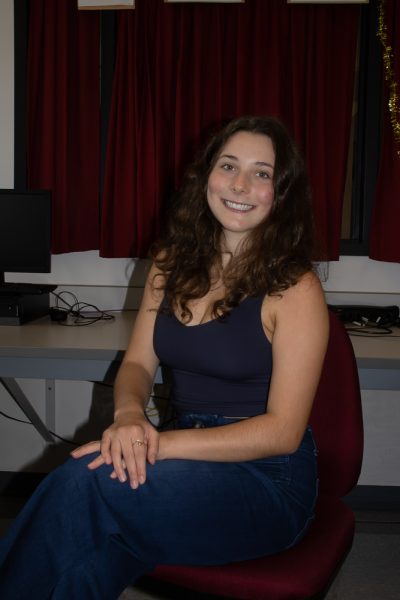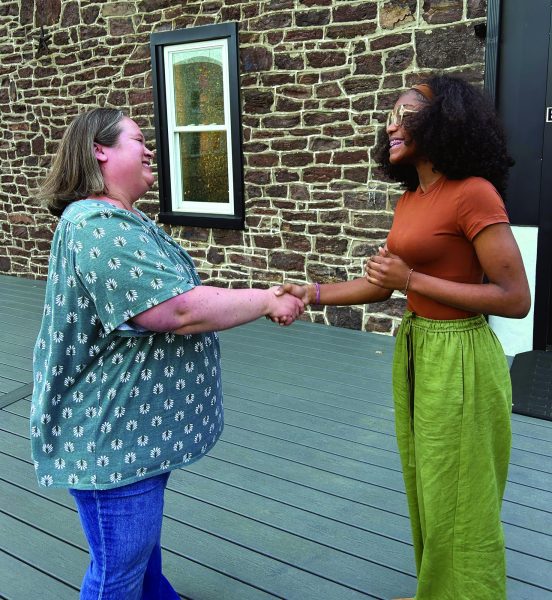Immersive Earth education expands youth’s hearts, minds, souls
Through immersive experiences and making environmental education accessible to all levels of learning, educators help students form lifelong compassion towards the environment.
According to former Souderton elementary school teacher Sue Mandia, who incorporated environmental education into her curriculum, environmental education will help students recognize the importance of protecting the environment and that their actions can spark powerful change.
“I want kids to know that they can make a difference, even if [they’re] 10,” Mandia said. “I really feel very strongly that the earlier you learn that, the more you realize you can be a changemaker.”
To many environmental educators, an important part is helping students develop a true appreciation for the environment.
According to Perkiomen Watershed Conservancy education coordinator Laura Young, “in order to care about the environment, you need to have a strong relationship with the environment.”
“I’ve built a strong relationship with nature, that it’s caused me to now actually care about what’s happening to this earth,” Young said. “I’ve gotten to see the beauty of it. But someone who hasn’t gotten to see that beauty, they’re just less likely to care because they just don’t have that personal relationship.”
Young helps students to develop this deep appreciation of the environment by giving students the opportunities to explore various ecosystems at the Watershed, from allowing students to explore the creek for macroinvertebrates to determine the health of the water to exploring fields.
Mandia also incorporated environmental education into her classroom; whether it was by adopting manatees each year as a class, through her club Planet Keepers or finding ways to repurpose “single-use” materials.
“My whole goal was always just to make kids aware that we have to care for the planet,” Mandia said. “I think at an elementary level, plant the seed so that kids realize that [they] can make a difference.”
New Community Project (NCP), a nonprofit environmental organization, allows students to further understand the importance of protecting the environment by taking students on learning tours. On learning tours, students visit places like the Amazon Rainforest in South America, Nepal in South Asia and Malawi in East Africa.
According to NCP director David Radcliff, the purpose of learning tours is to “see the world up close and personal in a way that typically people don’t on tours, vacations or even mission trips,” and therefore impacting people on an “inner level” through “exposure” to how climate change is truly affecting these regions.
“We want to have the opportunity to enjoy the beauty and the diversity of the natural world, but also confront the challenges,” Radcliff said.
Environmental lawyer and previous student of Mandia, Jess Kraus pursued a career where she could aid in protecting the environment from harm.
According to Kraus, being exposed to the environment in school “built up this big appreciation for the environment.” Kraus works with legislators, grassroots organizations and scientists to help create legal guidance policies to fix issues like erosion, solar issues and even “rural communities where septic systems are being inundated for sea level rise and their failings.”





